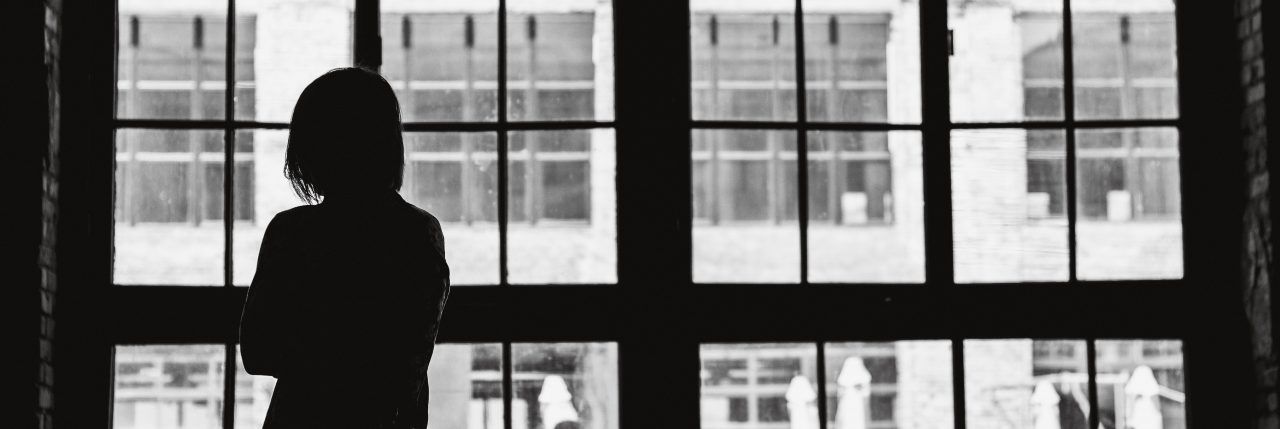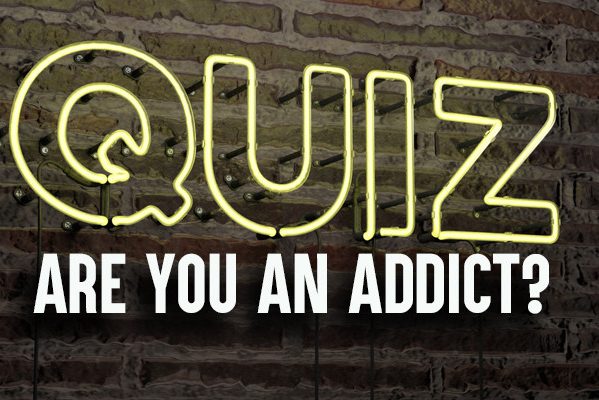If you have a feeling that you have a problem with drink or drugs, it’s likely you do. If you are concerned about your own behaviour while under the influence and feel like you are unable to stop alone, then there is nothing wrong or shameful about reaching out and asking for help.
A lot of people who struggle with addiction and substance abuse only get the help they need once their lives have fallen apart. And there is a real risk of losing everything including a life. By the time a person has become an addicted to a substance they would have been engaging in self-destructive behaviour for a while. It doesn’t take one drunken party to become an addicted to alcohol.
Once relationships between people have broken down and the addicted person is completely alone the only other thing to hang on to is their substance of choice. As illogical as this seems, take into account the effect of addiction in relation to: depression, anxietytrauma,sexual abuse, violence or even chronic stress or serious illness.
By the time a person reaches the denial phase of addiction, getting them to accept the reality of the situation becomes a lot more difficult. Many people addicted to drugs / alcohol will try their best to avoid going to rehab and become uncharacteristically emotionally manipulative in their avoidance strategies.
This is a simple self-assessment questionnaire.
This is by no means a conclusive quiz and if you do see warning lights, talk to a counsellor and request a professional assessment. They will be able to guide you in what kind of therapy and which kind of rehab would be best for you.
Answer either yes or no to the questions below:
- How often have you taken a sick day, missed work, school or family events due substance use?
- How stable is your home life?
- Is your drinking or taking drugs affecting your family life at home?
- Do you use drugs or alcohol to cope with unknown social situations and anxiety?
- Do you feel shame or guilt after using substances?
- Has your financial situation experienced difficulties that is directly related to excessive substance use?
- Have you recently started hanging-out with people you normally wouldn’t?
- Have you behaved recklessly or self-destructively while intoxicated?
- Do you feel like you have less interest in taking part in usual hobbies and activities in lieu of alcohol and drugs?
- Do you fantasise or crave substances?
- Have you taken to drinking or taking drugs before work or in the mornings?
- Have you noticed a marked decrease in productively as a result of substance abuse?
- Has your ability to concentrate decreased as a result of substance abuse?
- Do you feel more under pressure and stressed?
- Do you drink or take drugs to relieve stress or unhappiness?
- Have you begun to take drugs or drink till you black out?
- Have you sought out treatment or been admitted to a hospital for drug or alcohol abuse?
- Do you drink or take drugs to increase your self-confidence?
A ‘yes’ response for at least 3 questions may indicate a drug or alcohol problem developing. is a warning light for anyone who is concerned by their own behaviour. This is also a good opportunity to do some introspection and get advice on better coping mechanisms.
Did you get a ‘yes’ for 4-7 questions? You may be in the early stages of alcoholism or addiction. If you are seeing early signs of addiction, get help now. Don’t wait.
Did you get a ‘yes’ for 7-10 questions? You are entering the second stage addiction and need to seriously consider taking action. Ask a drug counsellor for a more detailed assessment and consider seeing a therapist or going to an outpatient facility.
If more than 10 questions apply to you, you may consider in-patient treatment at a recovery and rehab facility. This includes considering family therapy as well as taking part in an aftercare programme.
Why wait to get to that level? Get help for addiction now. Talking to someone before you lose your partner, house, job and countless friends and family members can make the world of difference to their recovery. The family environment and the relationships between family members often contribute to addiction and even relapse. Family therapy is designed to explore the mechanics of those relationships in context of addiction. Without a support structure to help and addict in recovery, their chance of relapse increases exponentially.








